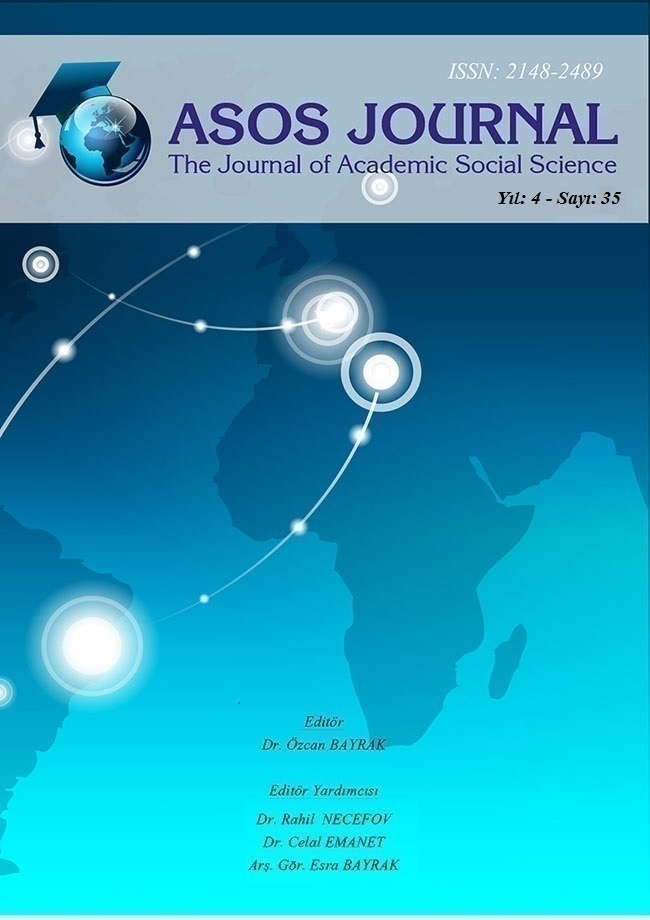TÜRKİYE EKONOMİSİNİN 2003-2014 YILLARI ARASINDAKİ MAKREKONOMİK GÖRÜNÜMÜ VE EKONOMİK KIRILGANLIK BELİRTİLERİ
Author :
Abstract
1980 sonrası dünya ekonomilerini etkileyen neo-liberal politikalar sonucunda, Türkiye ekonomisinin yapısal niteliklerinin değişmesi ve dış etkilere açık hale gelmesi, uluslararası sermaye hareketlerinin de tetiklediği ekonomik dalgalanmalara neden olmuştur. Özellikle çalışma kapsamı içinde yer alan 2000-2001 krizi sonrası hızla değişen dünya ekonomik koşulları ve dış koşullara bağlı olarak değişen Türkiye ekonomisinin makro ekonomik yapısı, yeniden meydana gelebilecek ekonomik krizlerin önceden tahmin edilebilmesi için çalışmalar yapılmaktadır. Bu nedenle, bu çalışmada özellikle 2000 ve 2001 de yaşanan son ulusal kriz sonrasında, ekonominin genel işleyiş sürecinde olası ekonomik kırılmalar veya krizlere neden olabilecek makroekonomik gelişmelerin değerlendirilmesine çalışılmıştır. Üç bölümden meydana gelen bu çalışmada, ilk bölümde son dönemlerde öne çıkan kriz teorileri ve bu teorilerin, literatürdeki krizlerin değerlendirilmesine yer verilmiştir. İkinci bölümde ise Türkiye ekonomisinin 2003-2014 arasında, seçilen ekonomik göstergelerin, tablo ve grafikler yardımıyla, makroekonomik performansı incelenmiş ve kriz teorilerinin ışığında değerlendirilmesine çalışılmıştır. Son bölümde ise, Türkiye ekonomisinin 2003-2014 arasındaki ekonomik performansının, seçilen göstergeler ışığında değerlendirilmesi yapılmıştır.
Keywords
Abstract
Affecting the world economy after 1980 neo-liberal policies as a result of structural changes and external influences of the Turkish economy to become open to international capital movements have caused and induced economic fluctuations. Especially the scope of work within the rapidly changing world economic conditions and the aftermath of the crisis of 2000-2001, the T urkish economy depending on varying external conditions macro-economic structure, re-to predict the economic crises that may occur are carried out. Therefore, in this study, especially in the wake of the last National crisis in 2000 and 2001, the overall functioning of the economy, macroeconomic developments or crises that may cause fractures in the process of the evaluation of economic potential has been studied. In this study occurring in three parts, the first section in the last period of the crisis the crisis to the evaluation of theories and of these theories have been given in the literature. In the second chapter of the Turkish economy between 2003-2014, selected economic indicators, tables and graphs with the help of the macroeconomic performance and crisis theories examined in the light of the evaluation have been studied. In the last section of the Turkish economy in the light of Selected Indicators of economic performance between 2003-2014 were evaluated





